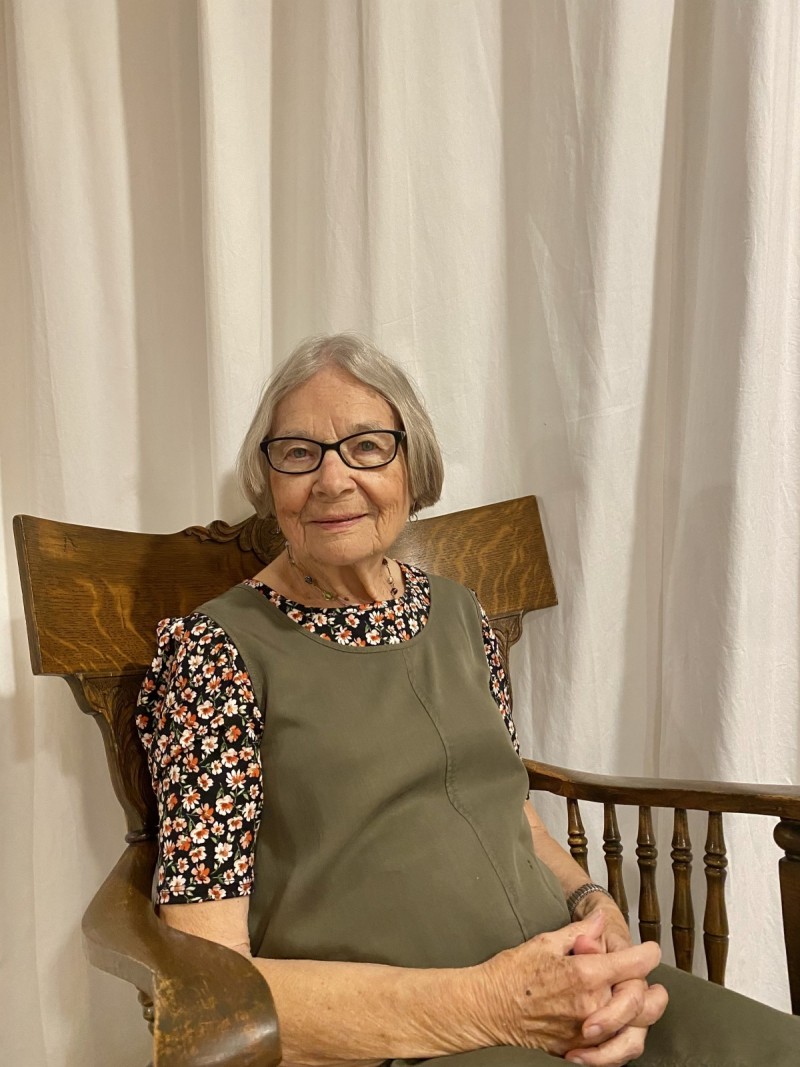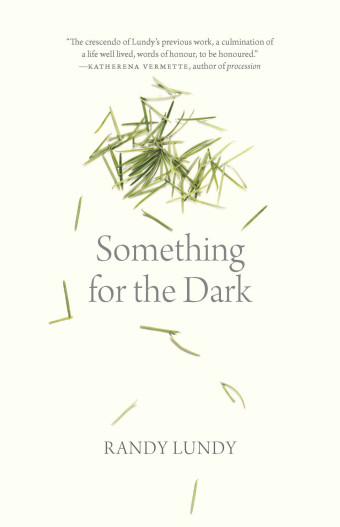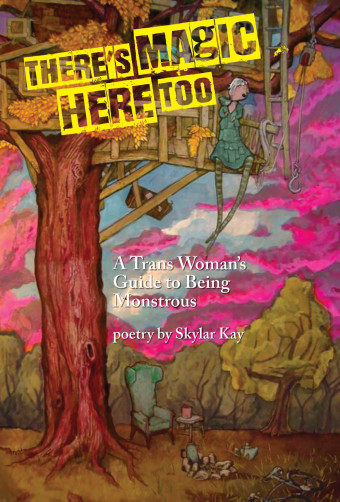For Manitoba poet Sarah Klassen, writing poems is an exercise in waiting. The process she went through for her newest collection of poetry, The Tree of Life, was no different.

- Tree of Life, The
- Sarah Klassen
- Turnstone Press
- $17.00 Paperback, 132 pages
- ISBN: 978-08-88017-17-8
“It is easy to fall in love with one’s writing, become too easily satisfied with it and rush into publication. Better to stay with a poem, wait, improve it, before sending it out for publication in magazines or in book form,” she says.
“When I’ve written for several years and enough poems have accumulated, I begin to think about putting together a manuscript, I look for unifying elements. And usually they aren’t impossible to find.”
At first glance, with section titles like “Rise and Go,” “Perchance to Dream,” and “Ordinary Time,” the book’s seven parts seem disparate. However, they soon reveal the unifying themes of nature, spirituality, and children, with the tree as a symbol of life standing at the centre of it all.
“The central image of the tree of life appeared somewhere in one of the poems, and it appealed to me as a central metaphor and also as a title for the collection, since all of the poems are about life, past or present,” says Klassen.
“As I searched for the best way to arrange the poems, I found places where I could sneak in a reference to the tree of life, adding lines here and there and even writing new poems with this in mind.”
Klassen wrote most of these poems after she moved into an apartment with windows facing the river. “I could look down from my balcony and see the trees and clouds reflected in water and watch the return of water birds in spring and the occasional fox or deer emerging from the trees. Or I could look up to the ever-changing sky,” she says. “Beyond the visible, the [in]visible. Beyond creation, the creator.”

She adds, “As for the children, they are always part of our journey, whether past or present, as companions along the way. They are our responsibility. And they are also our future. They belong in our stories and poems.”
The power and resilience of women also feature strongly in this collection. Bible readers will recognize the stories of Eve and Hagar – two of the more controversial women in scripture – and those unnamed women, like the concubine from the Book of Judges, who are given new life and a voice in Klassen’s poems.
Klassen decided to write about women from the Hebrew scriptures in 2016, when, to mark the 100th anniversary of women’s right to vote in Manitoba, Prairie Fire magazine invited submissions to a special issue focused on women’s suffrage.
“The original texts provide the raw material, sometimes in great detail, sometimes so sparingly that there’s lots of room for reimagining,” she says. “These women’s stories are rich in courage and suffering. Their experiences continue to be reflected, in some ways, in the lives of women today.”
This collection is the result of years of exploring, reflecting on, and connecting ideas, observations, and experiences. But like Klassen says, “A poem is worth waiting for.”













